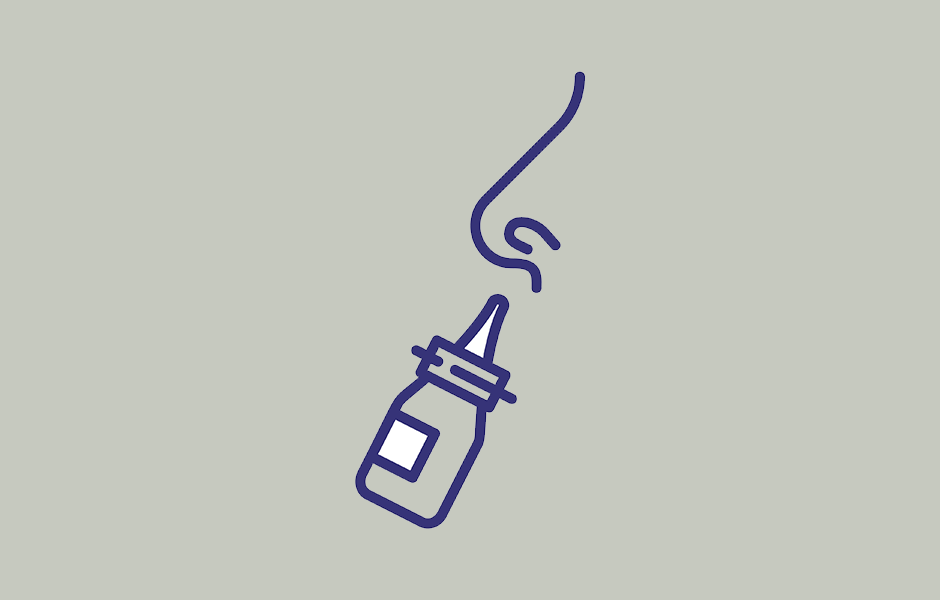Words by Jade Williams
The FDA has granted approval to ARS Pharmaceuticals’ innovative epinephrine nasal spray, making it the first needle-free emergency treatment for potentially fatal allergic reactions.
This approval represents a significant advancement for the pharmaceutical industry, particularly for those in the landscape of the development of novel drug delivery systems.
This new treatment is poised to offer a competitive alternative to traditional autoinjectors such as the EpiPen, which have dominated the market for epinephrine-based treatment for anaphylaxis for years.
As the first intranasal formulation approved for this use, ARS’ new device leverages a needle-free delivery method that could potentially reshape the market landscape by addressing the needs of patients who may hesitate to use injection-based therapies.
“Some people, particularly children, may delay or avoid treatment due to fear of injections,” said Kelly Stone, Associate Director, Center for Drug Evaluation and Research, FDA. The availability of this nasal spray may help to reduce barriers to this treatment that, crucially, must be accessed rapidly to be effective.
The nasal spray is set to be made available in the US within eight weeks of FDA approval, going to market at a price point of 199 (USD) for a two-dose package. The company has additionally introduced a co-pay savings program for patients whose insurance plans may not cover the new therapy, which could see some commercially insured patients be granted access to the treatment for 25 (USD) per prescription.
Speaking in ARS’ press release, Thomas B. Casale, Professor of Medicine and Pediatrics, University of South Florida, said that the approval of this treatment “means that patients with severe allergies finally gain a long-awaited, needle-free, easy-to-carry epinephrine delivery method that has the potential to reduce time to administration, which can lead to better clinical outcomes and improvements in quality of life for patients and their caregivers”.
As the industry continues to explore alternative drug delivery systems, this new product’s entry into the market could catalyse further innovation and competition, ultimately broadening the range of options available for emergency treatments in the field of allergy and immunology.









